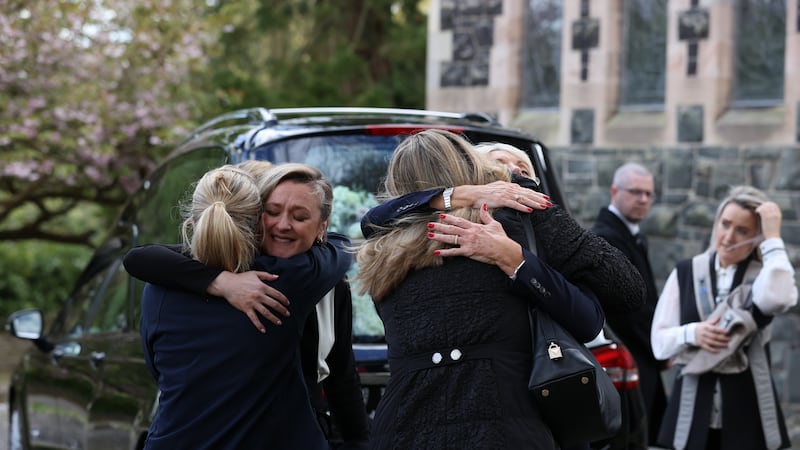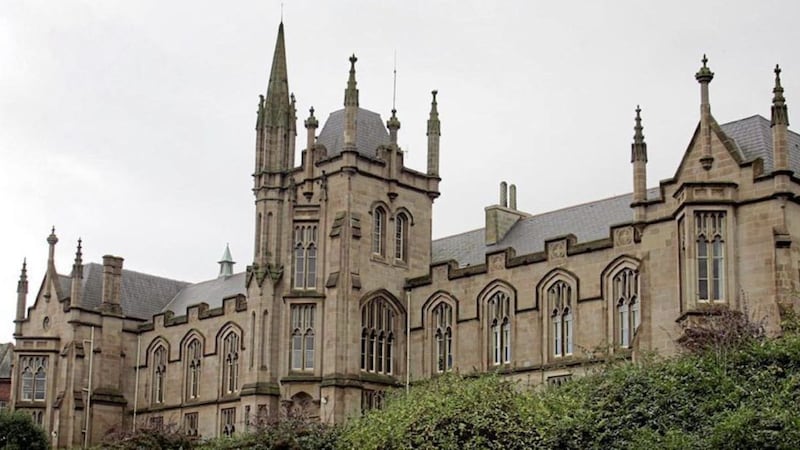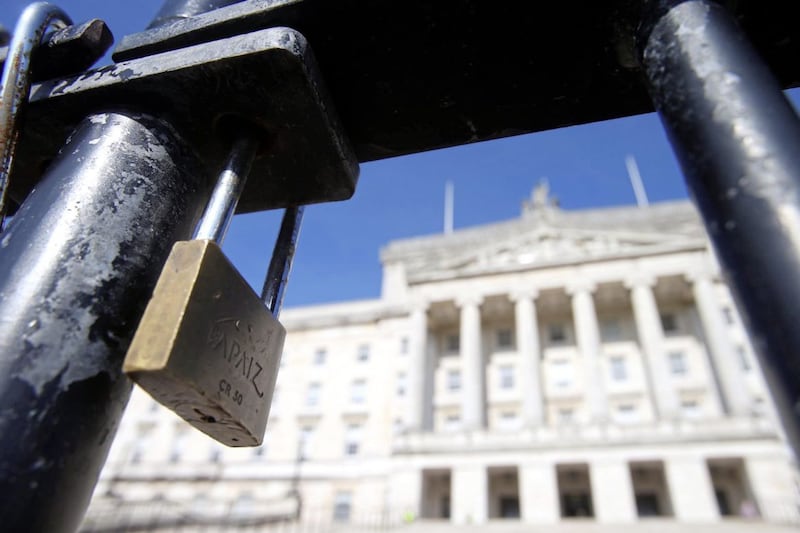Years after he died, I discovered my father had been in the IRA as a young fellow. It came as a surprise because, when I knew him, he was highly-critical of the republican movement.
He joined the Garda Síochána some months after the conclusion of the Civil War that erupted over the Anglo-Irish Treaty. When I saw a copy of his application, one of the questions the police recruits had to answer pertained to their period of service in the Irish Volunteers, aka the Irish Republican Army. He had been a member from the age of 17 to 19 years, during the War of Independence.
All shades of the spectrum are represented in my family background. An uncle on my mother’s side was an anti-Treaty IRA member who was imprisoned by the Free State and later emigrated to the US. A brother of his had been in the Royal Irish Constabulary and, after the Treaty, joined the RUC in the north.
Recently I was told of a family link with the Manchester Martyrs, who were hanged 150 years ago in November 1867. And, if that isn’t sufficient variety, I had another uncle – the eldest in my father’s family – who served in the British Army, like tens of thousands of others from both parts of the island.
As a boy, I was rooting one day through a chest of drawers at home: even then the journalistic instincts were taking root. I discovered a telegram referring to my Uncle Hugh. This was a notification that he had been wounded in the evacuation at Dunkirk in May 1940.
Happily he survived and lived into his early 70s. But having seen the latest film on Dunkirk, I decided to visit the place. The opportunity arose while attending a journalists’ conference in Brussels recently where I ascertained that Dunkirk was only a few hours away.
I got a train to De Panne, on the Belgian side of the border, and took a bus into France. It was like any other journey with passengers chatting away, when I suddenly noticed a war cemetery on my left, holding scores and scores of graves. The locals didn’t pay any attention, no doubt they were used to the landmark, but for a visitor like myself it was a piercing sight which led me to reflect on the youth of those who were buried there and the joys and wonders of living they never experienced.
Arriving in Dunkirk itself, I looked around for a hop-on, hop-off tourist bus. Failing to detect one, I hired a taxi to the beach and asked the driver to wait while I did a walking tour. There was an impressive and imposing monument, but two other features had a greater impact.
One was the sheer expanse of the location: the beach seemed to stretch forever. Another was the sight of three young children digging a hole in the sand. They were serious about their task but also clearly enjoying themselves: the French have a great way of combining solemnity with pleasure. What struck me was the contrast between this innocent, harmless pursuit and the terrifying scenes at the same location all those years ago. For at least a few moments you could persuade yourself that humanity had made some progress in the interim.
It was like the feeling I got, back home in Ireland, when it was pointed out that the current level of political violence in an entire year in the north is about the same as you might get in a single day in the darkest period of the seventies.
At time of writing, it looks as if the power-sharing executive may at long last be restored at Stormont, with pragmatic moderates on both sides winning the day. Meanwhile the issue of how long Gerry Adams will remain as Sinn Féin leader is again making headlines.
Robert Mugabe remains President of Zimbabwe at 93 whereas Adams is only a slip of a lad edging towards his 69th birthday. The latest speculation is that he may hand over the crown, at least in symbolic terms, before the next general election in the south, which may be called in summer 2018. It is difficult, frankly, to imagine Adams taking a back seat in any real sense. Besides, he is the party’s main icon and cross-border link.
If the southern election results offer the prospect of Sinn Féin in coalition, the reservations of the two main parties will pose a challenge. Fianna Fáil leader Micheál Martin has been particularly vehement in his objections but other “Soldiers of Destiny” are more open to the concept. Fine Gael have no love for the “Shinners” either. But there just might be no other option and Opposition is a lonely place. Forget Mayweather and McGregor: order your Dáíl Éireann ticket now.
Ddebre1@aol.com








